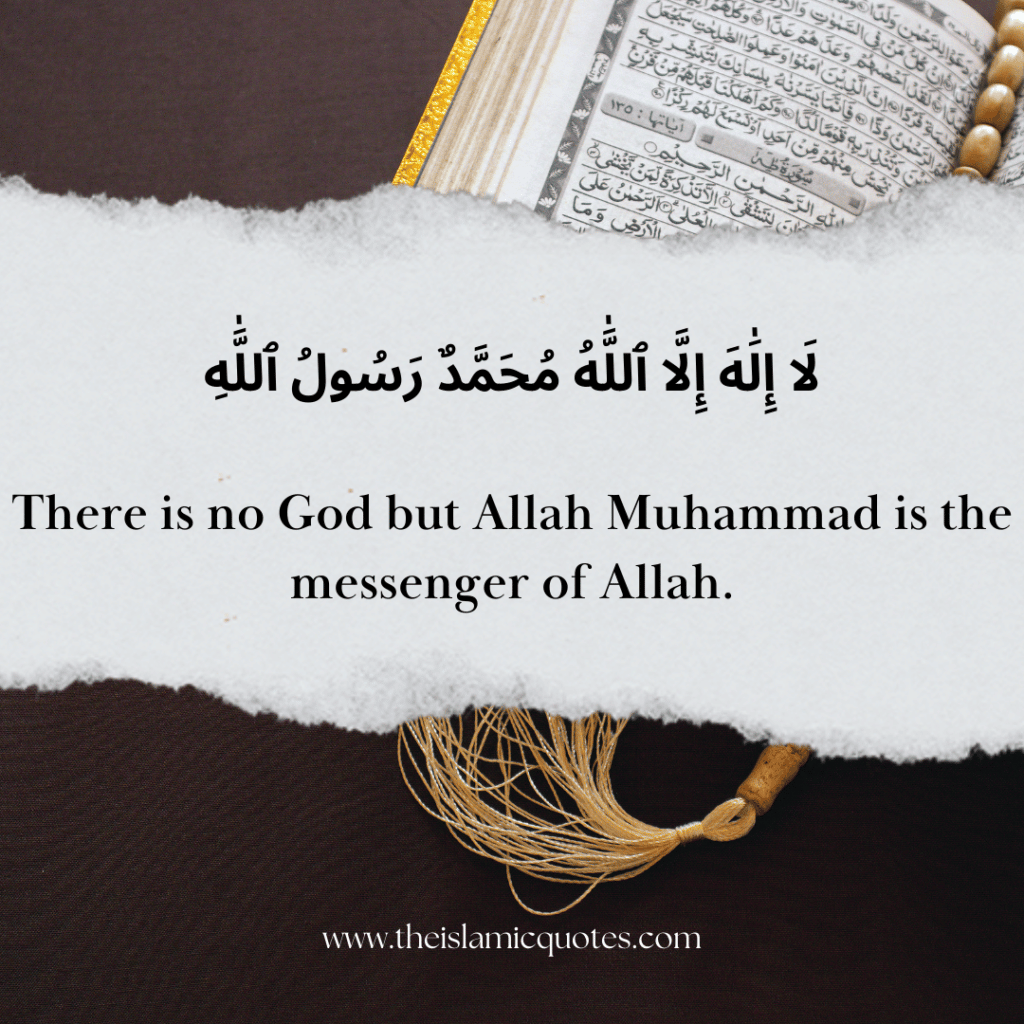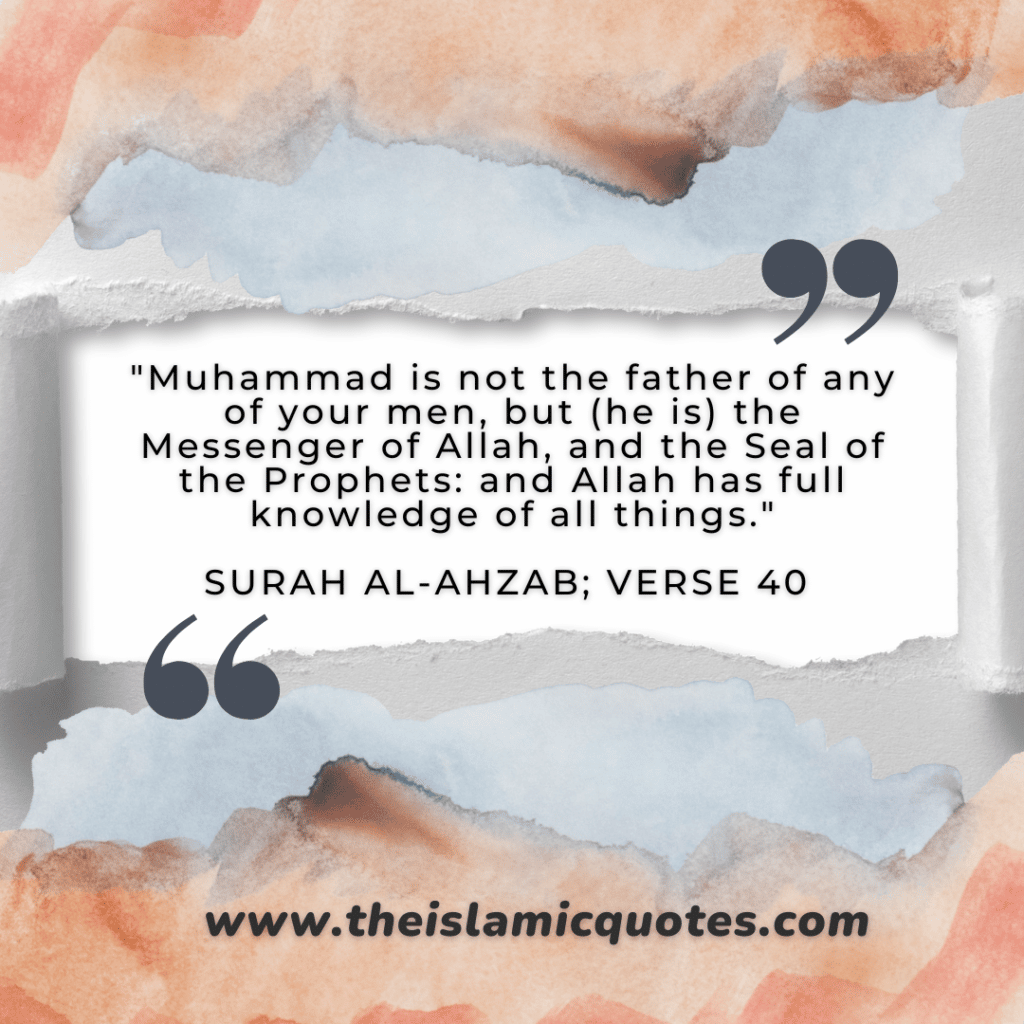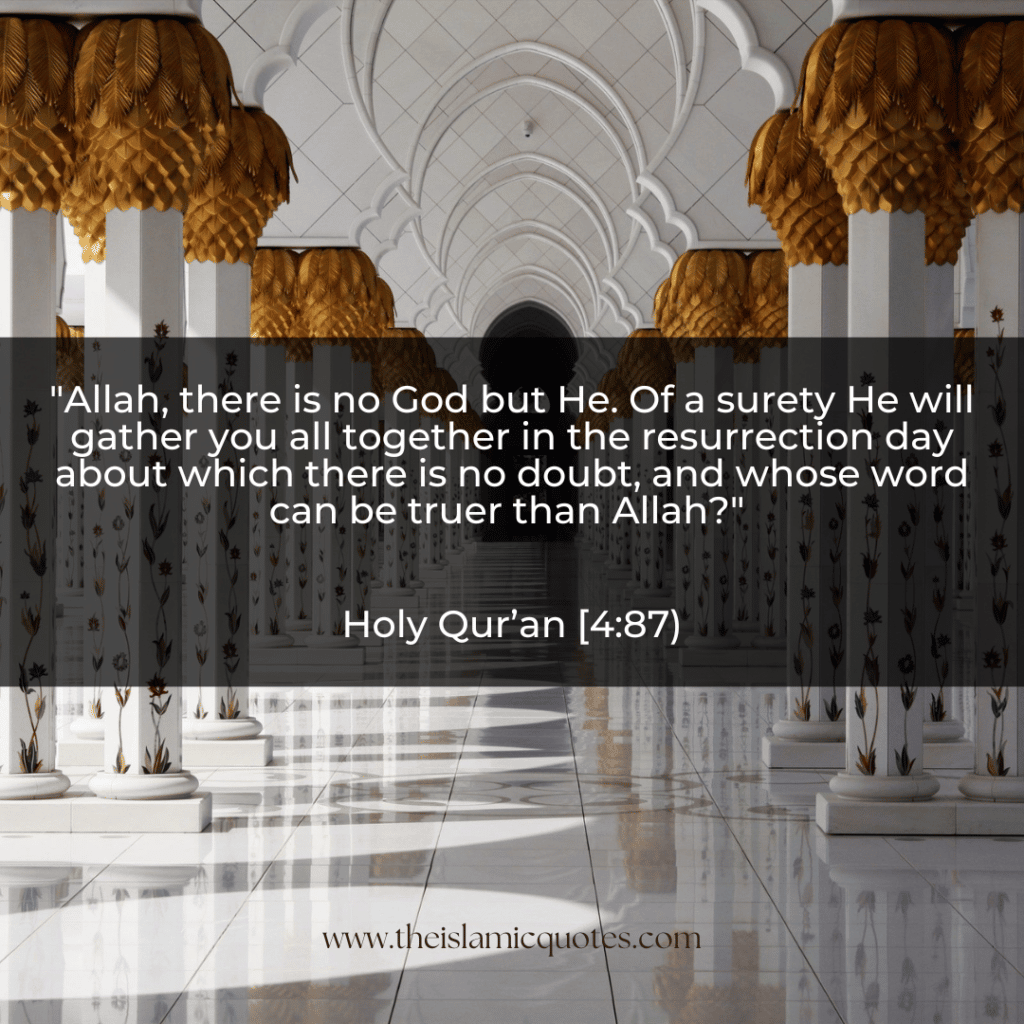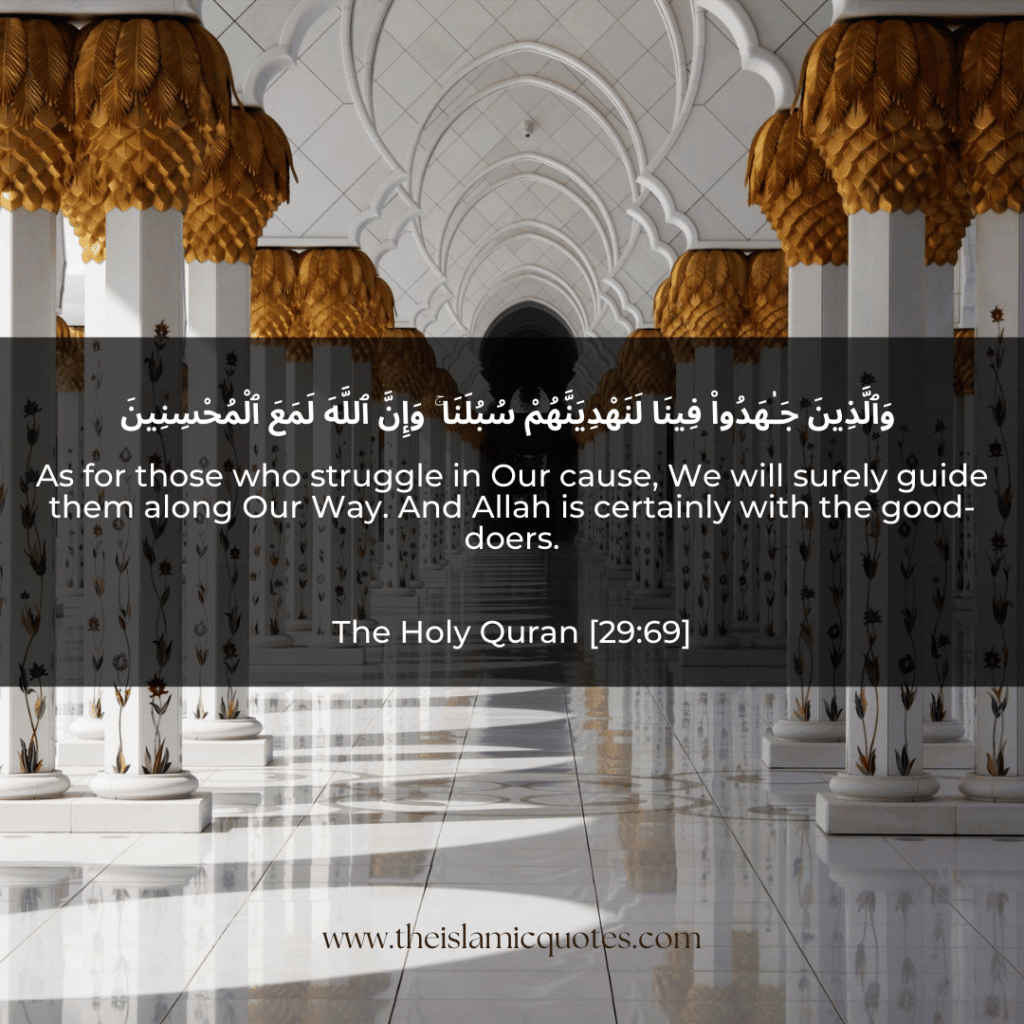Middle East and Islamic Ideologies: A set of beliefs that consistently and systematically refer to both religious and secular methods and support political actions and procedures is known as a religious ideology. In simple terms, an ideology is a way of thinking that is unique to a person, group, or society based on which important decisions, rules, and laws are laid down.
What are the Islamic Ideologies of the Middle East?
The following are the 8 main principles that form and act as a foundation for Middle East and Islamic ideologies.
1 – Islamic Monotheism: No God But One God
The Tawheed is the conviction that God is one and the same. It affirms that Allah is One and there is no other entity worthy of worship other than Him. The fundamental idea of Islam is the Shahada, which is frequently referenced throughout the Quran and Hadith.
The Shahada is declared by reciting and believing in Kalimahs of Islam. There are six Kalimah in total. They impart important Islamic and fundamentalist tenets and describe the monotheist ideology of Islam in depth.

2 – Finality of Prophethood
Apart from the Oneness of Allah (SWT), the finality of Hoply Prophet’s (PBUH) is a very important part of Middle East and Islamic ideologies. The Holy Prophet’s status as the Last Prophet is supported and demonstrated by several passages in the Quran.
This is such a fundamental notion that to deny the Prophet’s (PBUH) finality is to deny the Quran. In the following verse of the Holy Quran, Allah (SWT) clarifies the finality of Hazrat Muhammad’s (PBUH) Prophethood.

3 – Maintain Salah Five Times A Day
At dawn, noon, mid-afternoon, sunset, and after dark, Muslims offer five times-a-day prayers facing Mecca. A tiny rug or mat designated specifically for this purpose is occasionally used during prayer, which also includes reciting the first verse (sura) of the Qur’an.
Muslims have the option of praying alone or with others in a mosque under the direction of an imam. For Friday’s noontime prayer, males congregate in the mosque; women are welcome but are not necessarily required to attend.
If you’re struggling with prayers, do go through these Tips To Get In Habit Of Praying Namaz Regularly.

4 – Belief in Life After Death
As Muslims, we hold the belief that on a particular day after death, both men and women will be raised. All of us will be judged, and the righteous and good will live in Paradise, while the wicked will burn in Hell.
The ideology of belief in life after death and its importance has been talked about throughout the Holy Quran. Allah (SWT) has said in the Holy Quran that He would bestow His blessings, bounties, and honor on every believer who has taqwa and not only believes but also focuses on the life after death.

5 – Islam is The Way of Life
A Muslim is defined as someone who submits to Allah’s will. There is no ambiguity when we declare we “submit,” which implies we make no concessions. We agree with the decisions Allah (SWT) has made for us. It is a privilege to uphold the shahadah, which Allah has bestowed upon us.
In the shape of the Quran, Allah has provided us with a lovely way of life that is for our benefit. We as Muslims are required to follow a set of dos and don’ts as the best way to live, according to the Noble Quran.

6 – Strive To Become A Better Muslim
Jihad is another one of the most important ideologies of Islam. It means to strive for the sake of Allah’s (SWT) approval. The verse below describes the concept of striving for the sake of Allah (SWT) and how it shall be rewarded.
Moreover, this verse also encompasses the concept of doing good deeds solely to appease Allah (SWT) without showing off their piousness or trying to gain praise on anyone else but Allah (SWT).
Here’s our detailed post on how you can Get Closer to Allah.

7 – Cleanliness is Half Faith
Islam values and promotes purity of the body, soul, and intellect. The significance of cleanliness is abundantly clear, both in verses of the Holy Quran and in hadiths related to the Prophet Mohammad.
As Muslims, it is our responsibility to work daily to remain on the path of Allah, which includes maintaining a clean body and soul.
According to this hadith, the Prophet (PBUH) made it clear that there is a relationship between purity and Heaven, thus we should continually work to keep ourselves pure both as a demonstration of our faith and as a means of preparing for the Hereafter. Here are some more Manners of Prophet Muhammad That We Need to Adopt.

8 – Decision Making in Middle East and Islamic Ideologies
The following verse of the Holy Quran encourages the believer to remember the rules laid down by Allah (SWT) and use them to make wise decisions in their everyday lives. Our Creator (SWT) has bestowed us with a brain to use intelligently and with wisdom.
Moreover, humanity has also been gifted by the Holy Prophet (PBUH) as a role model who was an incredibly intelligent and wise person. He (PBUH) was known for his impeccable dispute resolution skills and intellect. Hence, it is our religious duty to strive to make tactful and timely decisions while using the teaching of the Holy Quran and the examples of the Holy Prophet (PBUH).

Frequently Asked Questions (FAQs)
Q. Why is Islam important to the Middle East?
In the Middle East, Islam is the most prevalent and practiced religion. The Middle East is home to around 85% of the world’s Muslims and roughly 20% of all Muslims worldwide.
Q. How does Islam impact the culture of the Middle East?
The Middle Eastern region is home to a number of significant Islamic holy sites, including Jerusalem, Medina, and Mecca. The monotheistic religion has an impact on how people behave, dress, and even how the governmental systems work.
Q. What are the sources of Islamic ideology?
The Quran and Hadith are the two main texts that make up Islamic ideology.
Q. What are the 4 Islamic laws?
According to established Islamic legal philosophy, the Quran, the sunnah (true hadith), qiyas (logical reasoning), and ijma are the four main sources of Sharia (juridical consensus).
Q. What is the difference between an ideology and a religion?
Religion places a strong focus on faith and worship; it appeals to the internal self and seeks to purify or redeem the human soul. On the other hand, an ideology addresses how different rules impact the community, the country, or the class.






